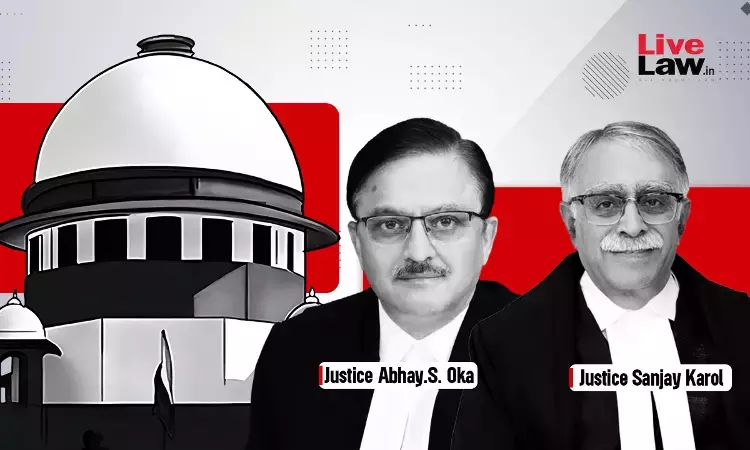Examination Of Person Who Recorded Dying Declaration Essential: Supreme Court
Suraj Parmar
7 Nov 2023 6:36 PM IST

Next Story
7 Nov 2023 6:36 PM IST
The Supreme Court recently laid down all the questions to be asked, the considerations to be kept in mind while deciding the weightage to be awarded to a dying declaration. The Court recognized the inherent value of a dying declaration but found several glaring issues that cast doubt on the reliability of the declaration used as evidence in this particular case.It observed “In the case at...
